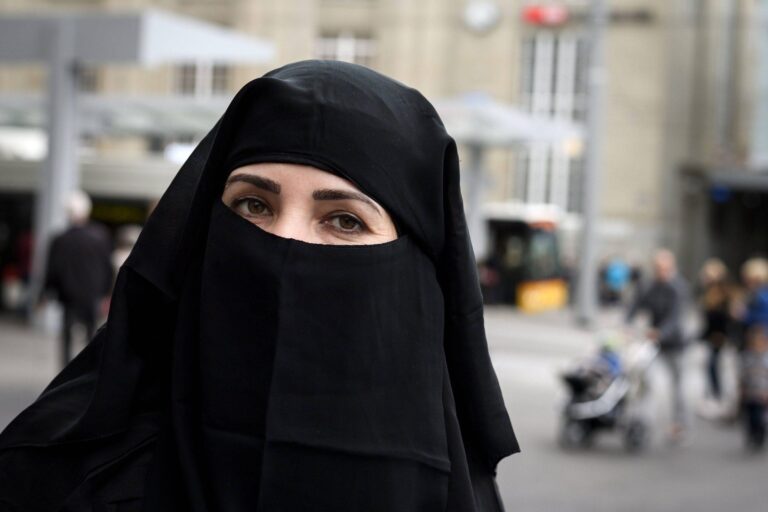Persecution of Muslim Women in Modi’s India – Special Report – Genocide Watch
In the years since Narendra Modi assumed office as Prime Minister of India, reports of escalating discrimination and violence against Muslim communities have drawn increasing international concern. Among the most vulnerable victims are Muslim women, who face a convergence of religious persecution, social marginalization, and gender-based abuse. This special report by Genocide Watch delves into the multifaceted persecution endured by Muslim women under Modi’s administration, examining allegations ranging from systemic discrimination and institutional neglect to targeted violence and communal intimidation. Through firsthand accounts, expert analysis, and data-driven insights, the report sheds light on a troubling pattern that raises urgent questions about the protection of minority rights and the state of secular democracy in India today.
Perilous Lives Under Rising Hostility Detailed Accounts of Discrimination and Violence Against Muslim Women Government Policies and Social Climate Fueling Systemic Persecution Calls for International Intervention and Strengthening Legal Protections
Muslim women across India are living under an intensifying cloud of fear and marginalization, as firsthand accounts reveal a disturbing surge in discrimination and violent attacks. From public spaces to private homes, these women face targeted harassment-ranging from verbal abuse to physical assaults-that have escalated in frequency and brutality over recent years. Social media platforms and eyewitness reports chronicle incidents where Muslim women are singled out for wearing traditional attire, such as the hijab, with mobs enforcing discriminatory dress codes in schools and workplaces. The rising climate of hostility manifests not only in communal violence but also through systemic exclusion, including denial of employment, education, and essential services.
Government policies and a charged social atmosphere exacerbate these vulnerabilities, often legitimizing persecution through legal frameworks and political rhetoric. Recent legislative changes have heightened scrutiny and restrictions on Muslim communities, disproportionately impacting women as primary targets of state and vigilante oppression. These developments have contributed to deepening social divisions and emboldened extremist groups, which operate with relative impunity. Activists and human rights organizations worldwide are now demanding urgent international intervention and the implementation of robust protections that uphold the fundamental rights of Muslim women. Proposed measures include:
- Comprehensive anti-discrimination laws specifically addressing gender and religious persecution
- Enhanced monitoring and accountability mechanisms for hate crimes and communal violence
- Support systems for survivors, including legal aid, counseling, and safe shelters
- International diplomatic pressure to ensure compliance with human rights conventions
| Year | Reported Incidents | Legal Actions Taken |
|---|---|---|
| 2021 | 325 | 48 |
| 2022 | 487 | 62 |
| 2023 | 642 | 75 |
The Conclusion
The persecution of Muslim women in India under Narendra Modi’s administration remains a deeply troubling and urgent issue, raising serious concerns about minority rights and communal harmony in one of the world’s largest democracies. As reports of targeted violence, discrimination, and systemic oppression continue to emerge, international watchdogs and human rights organizations are calling for increased scrutiny and accountability. This special report underscores the critical need for vigilance and action to protect vulnerable communities and uphold the foundational principles of justice and equality in India. The world watches closely as these developments unfold, bearing witness to a crisis that demands immediate and resolute response.




